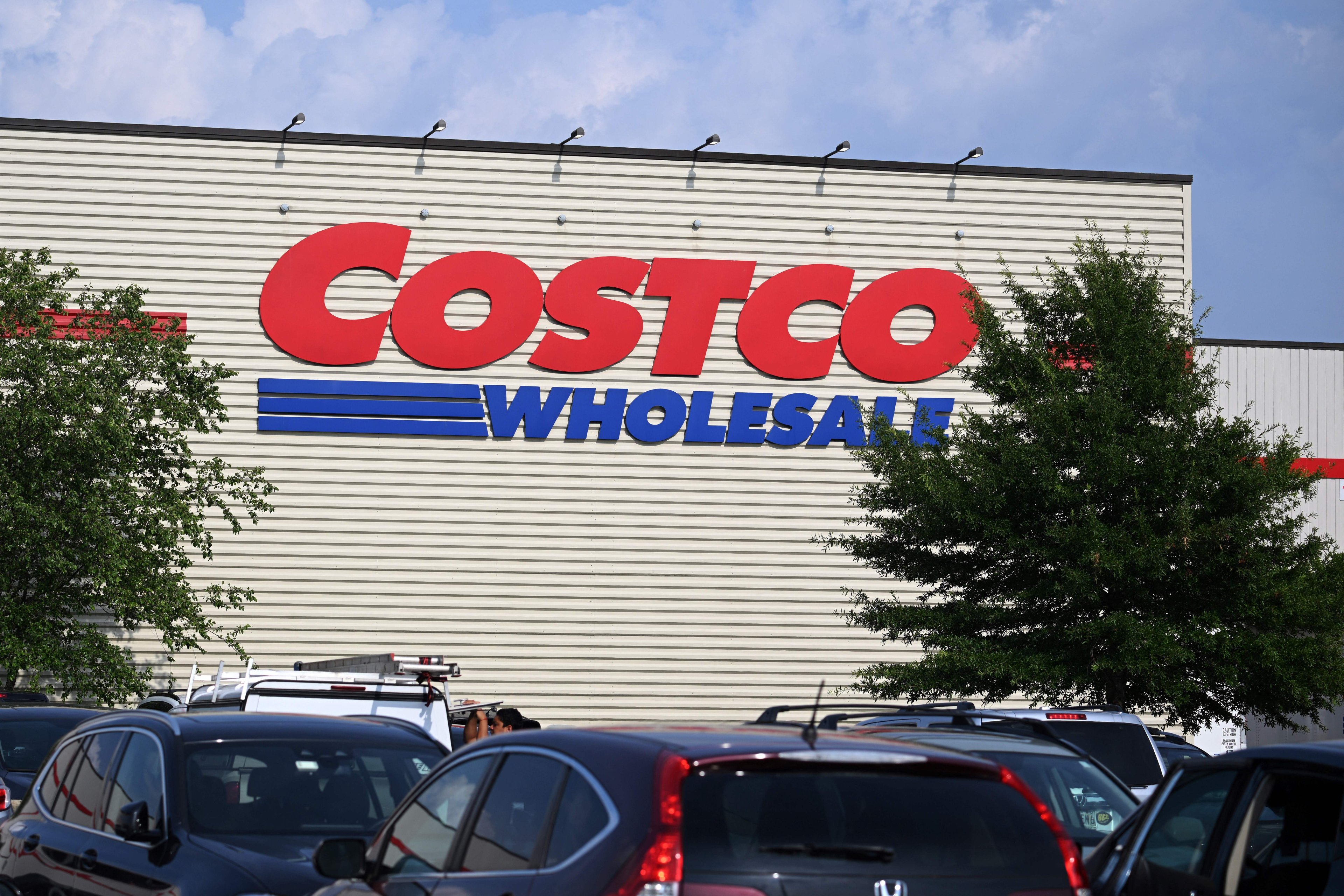Costco (COST +0.06%) and Kimberly-Clark (KMB +2.17%) are both considered COVID-resistant stocks. Costco, which rallied more than 22% over the past 12 months, was buoyed by panic buying throughout the pandemic. Kimberly-Clark saw demand for its paper-based products -- including tissues, toilet paper, paper towels, and diapers -- surge throughout the crisis. As a result, its stock advanced about 8.6% in the past year against the S&P 500's 5.5% gain.
Costco has clearly been the stronger investment, but will it continue to outpace Kimberly-Clark and the broader market? Let's dig deeper to decide.

Image source: Getty Images.
How do Costco and Kimberly-Clark make money?
Costco operates 785 warehouses worldwide, including 546 locations in the U.S. and 100 locations in Canada. It popularized the "warehouse club" model, in which shoppers pay membership fees for access to cheaper bulk purchases.
Costco generates most of its revenue from product sales, but nearly all of its profits come from its membership fees. It sells most of its products at paper-thin margins or losses to lock in recurring higher-margin revenue from its annual subscriptions.
Kimberly-Clark sells its products in over 175 countries and claims to provide essential products to nearly a quarter of the world's population every day. It splits its business into three segments: personal care, consumer tissue, and K-C Professional products -- which generated approximately 48%, 34%, and 16% of its revenue, respectively, last quarter.
Back in 2018, Kimberly-Clark launched a restructuring plan to cut costs, divest weaker brands, and invest in new growth initiatives. It initially expected to complete that plan by late 2020, but recently warned the COVID-19 disruptions would postpone its completion until 2021.
How fast are Costco and Kimberly-Clark growing?
Costco's comparable-store sales rose 6.1% in fiscal 2019 (which ended last September). In the first half of fiscal 2020, its comps grew another 6.5%.

Image source: Getty Images.
Costco's comps in the second quarter, which rose 7.9%, benefited from the rush to buy essential goods amid COVID-19 concerns, which boosted its comps by approximately 3%. Its e-commerce comps jumped by 17.3%.
Costco's growth could be mixed in the third quarter, which started in mid-February. Its comps grew 12.3% in March as concerns about the pandemic accelerated, but fell 0.5% in April due to stay-at-home measures and mandatory store closures. However, those headwinds could wane as certain areas relax their restrictions.
Costco hasn't offered clear guidance for the rest of the year, but it hiked its dividend for the 16th straight year in mid-April, which indicates it isn't too worried about its cash flow. Analysts currently expect its revenue and earnings to rise 7% and 6%, respectively, this year.
Kimberly-Clark's organic sales rose 4% in fiscal 2019 (which aligns with the calendar year), with growth across all its global regions. Its net selling prices grew 4% and its product mix improved 1%, which offset a 1% dip in its total volumes.
Its organic sales in the first quarter, which ended on March 31 and saw a surge in COVID-19 purchases, rose 11%. Its volumes jumped 8%, and its net selling prices and product mix both improved 1%. It attributed most of that growth to robust demand for consumer tissue products across "all major geographies."
Like Costco, Kimberly-Clark didn't provide an outlook for the rest of the year. It temporarily suspended its buybacks but probably won't touch its dividend, which has been raised annually for nearly five decades. Analysts expect its revenue to stay flat this year but for its earnings -- buoyed by its restructuring measures -- to grow 9%.
The valuations and verdict
Costco currently trades at 32 times forward earnings and pays a forward yield of 0.9%, while Kimberly-Clark trades at 19 times forward earnings with a forward yield of 3.1%.
Both stocks will likely remain resilient for the rest of the year. But if I had to choose one over the other, I'd stick with Kimberly-Clark for its lower valuation, higher yield, and evergreen portfolio of products.
Costco's stock, like its stores, is attracting too much temporary attention and hitting frothy levels. Investors should only accumulate shares of Costco if they retreat to more reasonable valuations.







